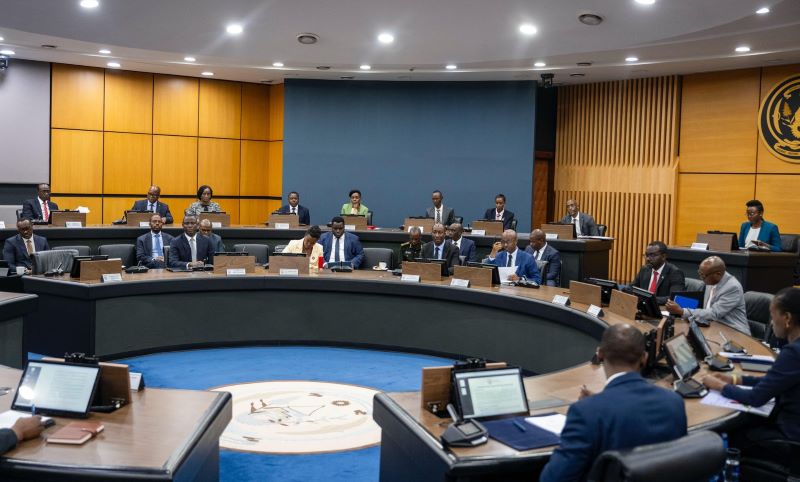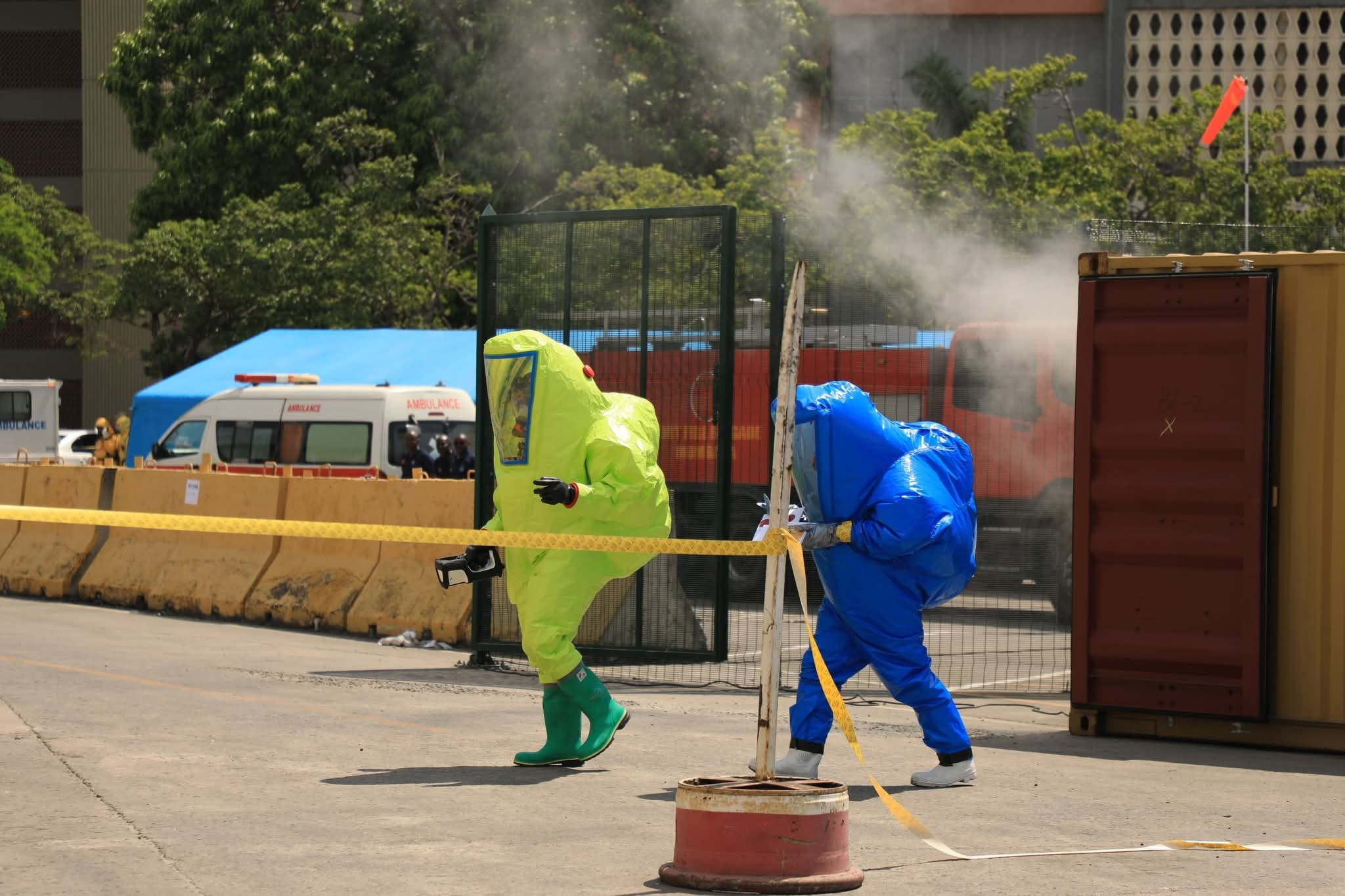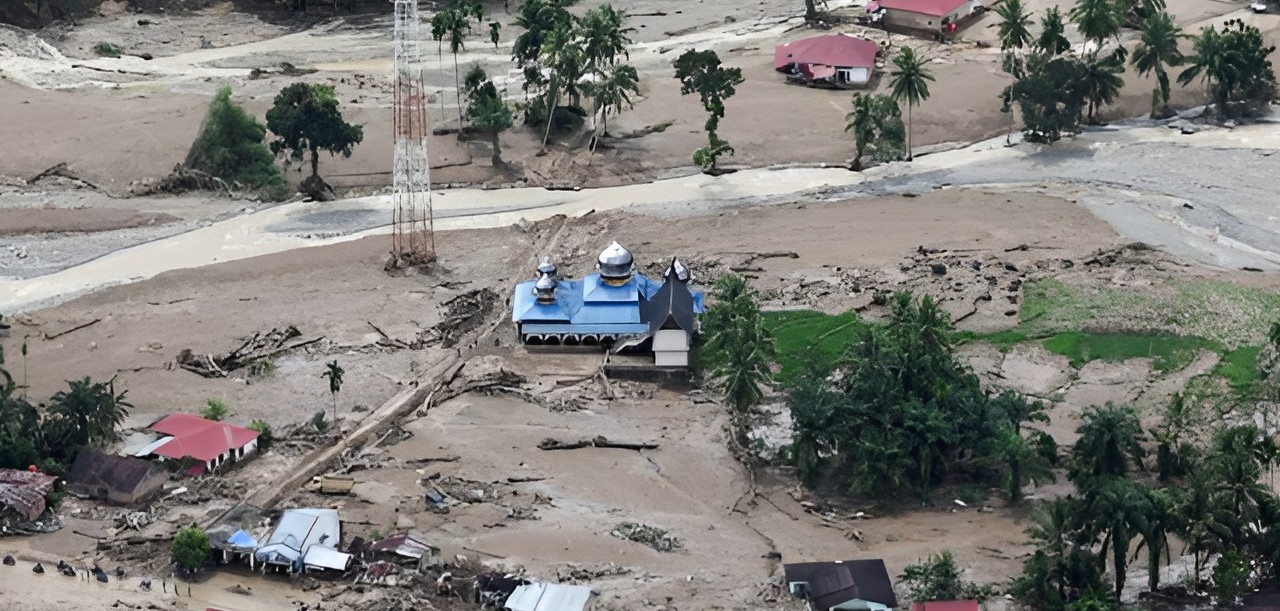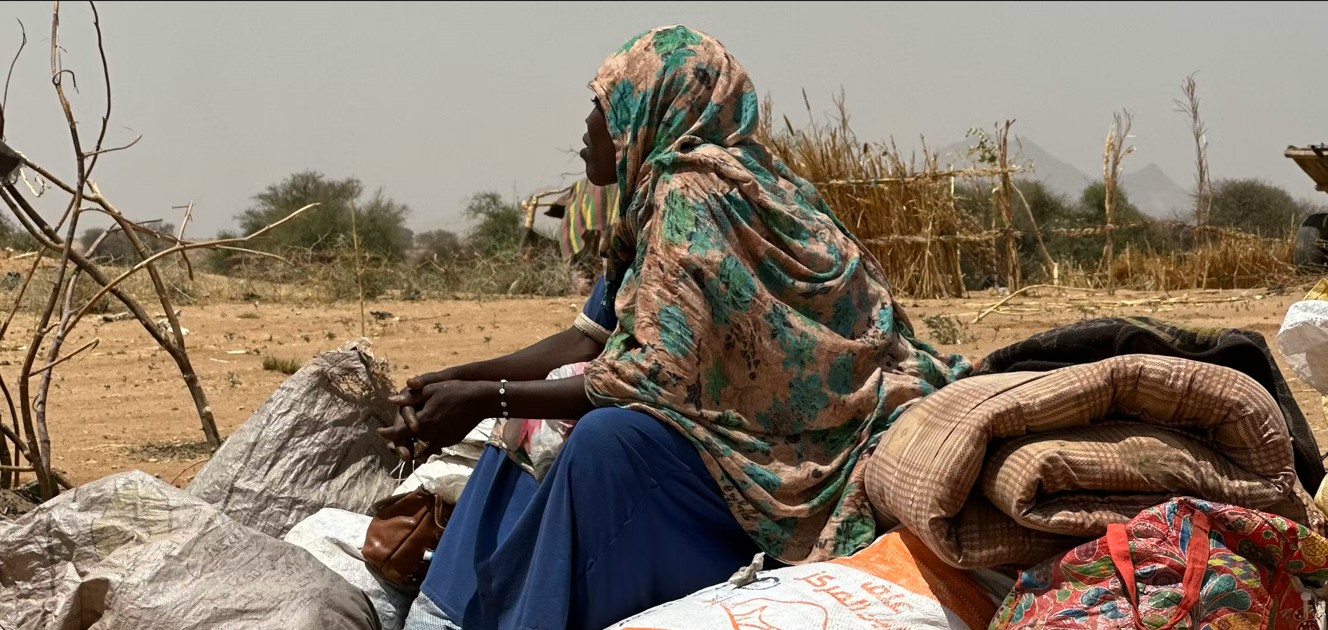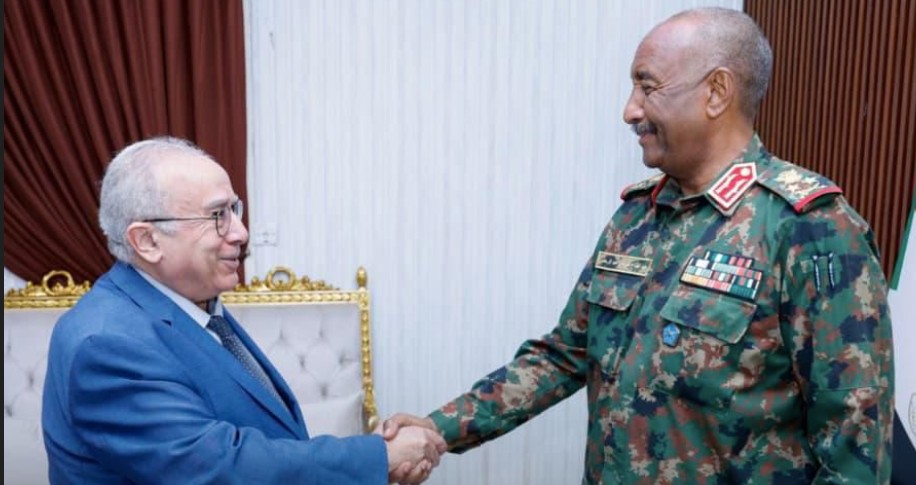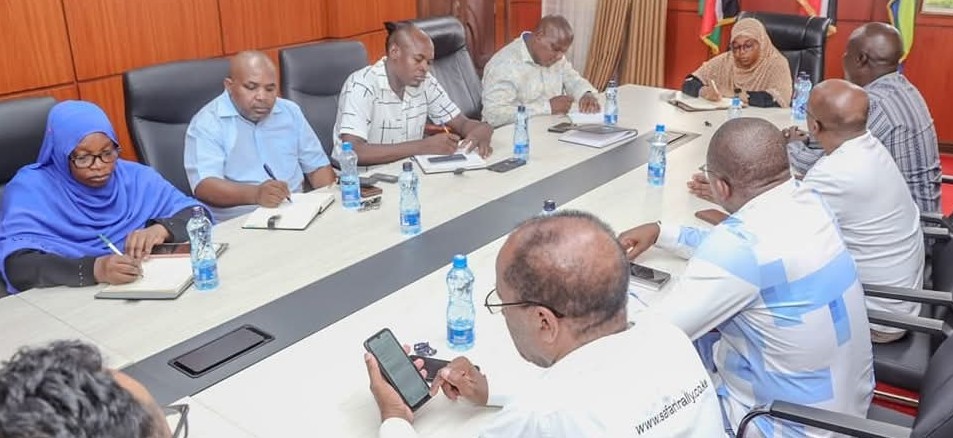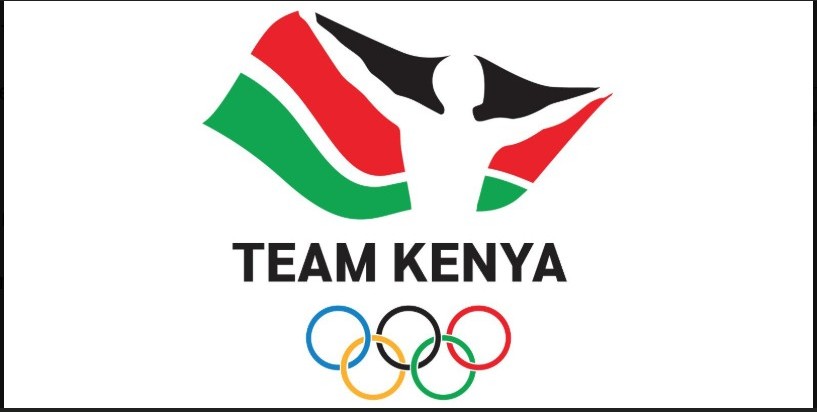Over 35,000 jobs lost, 150 clinics shut down as USAID freeze hits Kenya
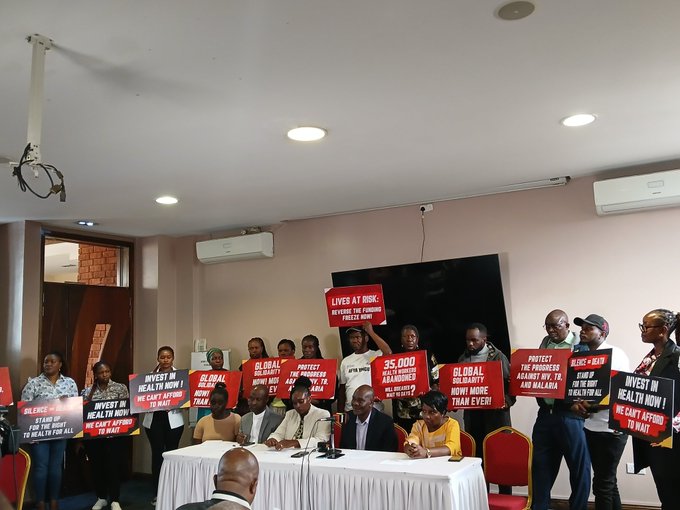
With Kenyan civil societies calling for increased domestic funding to ensure essential health services continue uninterrupted, the government now faces immense pressure to comply.
Over 35,000 workers have lost jobs, and 150 clinics have closed down following the 90-day suspension of the United States Agency for International Development (USAID).
Speaking to the press on Thursday, the societies also revealed that the shutdown had affected 72,000 HIV patients and called on the government to allocate resources to cover the deficit in the upcoming budget.
More To Read
- From hope to despair: HIV patients left behind by Kenya’s health transition
- 'We feel forgotten': People living with HIV decry stigma as US aid cuts bite
- Peace at risk: Counties urged to fill funding void after USAID exit
- HIV is on the rise among older Africans, but care and research overlook this group – lessons from Kenya, South Africa
- WHO Africa summit urges investment to end maternal mortality
- WFP slashes food rations by 80 per cent in Kakuma, Dadaab refugee camps
"The Kenyan government must initiate an emergency plan to address the crisis because more than 72,000 living with the support of ARVs are glaring at untold health risks," stated Faith Ndungu, an advocacy manager at Hennet.
The freeze, resulting from a 90-day suspension of foreign aid by the US government, has had a profound impact not only on Kenya's health sector but also on the wellness systems of most nations across the continent.
With the majority of HIV programmes heavily dependent on the USA's PEPFAR funding, the abrupt halt has left thousands of patients in limbo, unsure of where to access their next dose of medication.
"More than three weeks since the US government froze PEPFAR funding, there is still widespread confusion and uncertainty as to whether this critical lifeline for millions of people has been cut off," said Avril Benoît, Chief Executive Officer of Doctors Without Borders/Médecins Sans Frontières (MSF) USA.
Benoit also highlighted the freeze's devastating impact on vulnerable populations, urging the US government to reconsider the move.
"In Kinshasa, Democratic Republic of Congo, for example, the aid freeze has already disrupted a highly effective community-led HIV drug distribution model known as PODIs, which had provided patients with peer support and free access to antiretroviral drugs," she added.
According to MSF, similar disruptions have been reported in South Sudan, Zimbabwe, and Mozambique, where clinics have either scaled down operations or shut down entirely.
Despite a limited waiver issued on February 1 allowing some HIV programmes to resume, many organisations remain unable to restart services due to bureaucratic hurdles.
"On February 6, the US government issued clarified guidance on HIV care and treatment and prevention of mother-to-child transmission (PMTCT) programmes. However, we remain concerned that key areas of HIV prevention, such as pre-exposure prophylaxis (PrEP) for all vulnerable groups, are not included in this additional guidance," stressed Benoit.
With Kenyan civil societies calling for increased domestic funding to ensure essential health services continue uninterrupted, the government now faces immense pressure to comply.
"The government must provide immediate interventions such as emergency procurement of antiretroviral drugs, reinstatement of suspended healthcare workers, and strengthened coordination with international partners to prevent further disruptions," noted Faith.
Meanwhile, patients and health professionals remain in distress as the crisis deepens. With clinics closed and access to life-saving medication disrupted, the looming health catastrophe could roll back years of progress in the fight against HIV/AIDS and other infectious diseases.
Other Topics To Read
Top Stories Today




